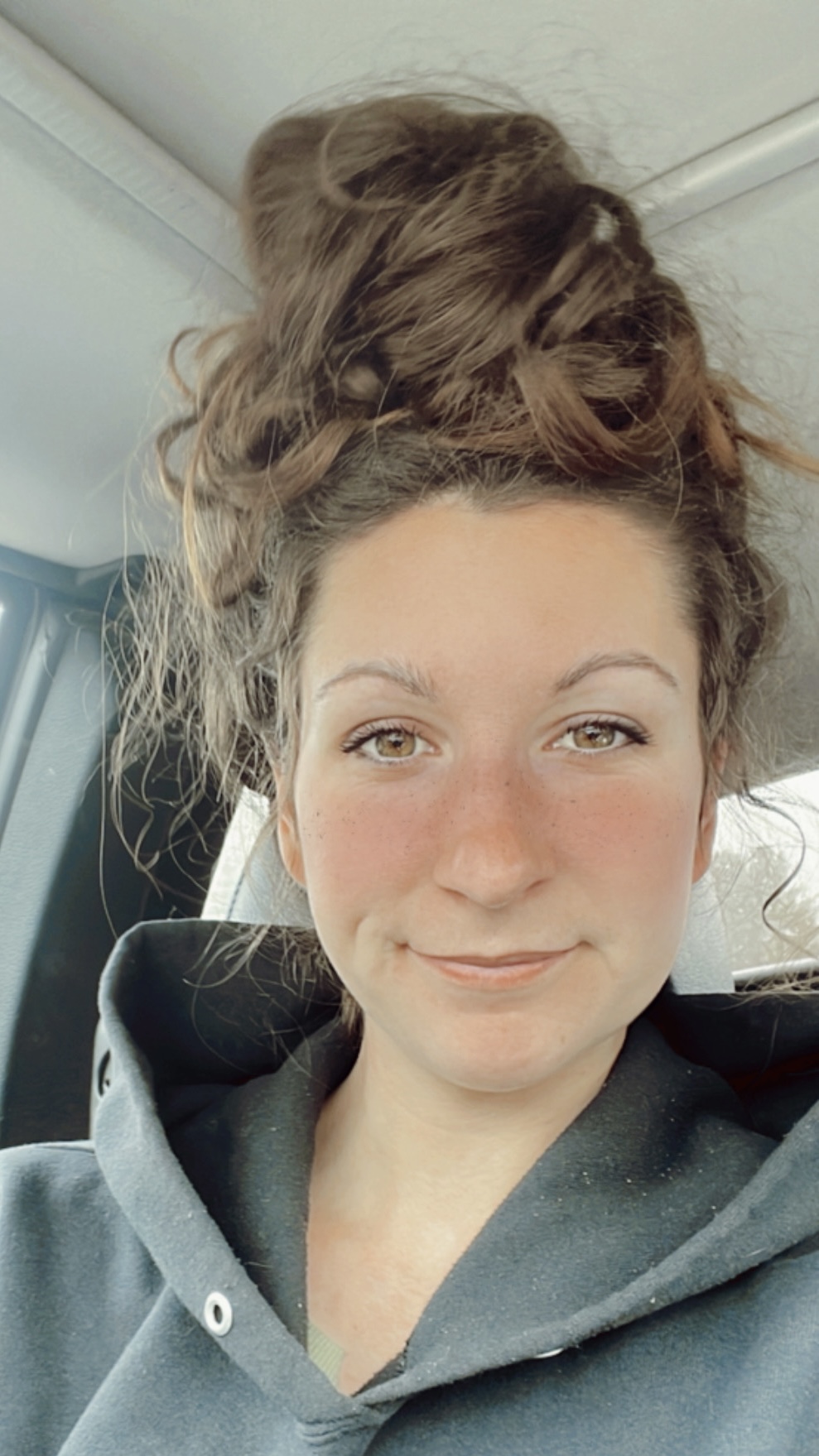Donkey Gut and Skin Microbiome
- Hannah Allen
- May 7, 2025
- 3 min read
Let’s talk a little bit about microbiomes and what they are, what they do, and if they’re good or bad. To put it "simply" a microbiome is the community of microorganisms living in a specific habitat. They are bacteria, viruses, fungi and Protozoa that live in and on everything. All living beings have them, and they all work together to create a microbiome. 🦠

What does this have to do with donkeys or even equines for that matter? These important microorganisms are necessary for healthy skin and gut health. But how does one get these for their equines? By giving them access to lots of different landscapes, enrichment in the form of natural habitats. If you don’t have access to these to offer your equine, there are quality probiotics available to purchase.
Many animals are missing out on crucial resources their bodies need. Whether it be 5 different kinds of mud holes to roll in for their skin, or different kinds of logs to chew, rocks to lick, and even dirt to taste test for their gut health. Everything they have access to nibble on adds to their healthy plethora of beneficial creepy crawlies and bacteria their bodies need and thrive on.
We have seen many stressed animals come in with gut issues, go out of their way to EAT another healthy equines manure. While very alarming to witness at first, this is a very normal behavior and even happens in the wild. The function of this behavior is they are taking good gut bacteria from another equine, and adding it to their own gut microbiome to create a wider variety of microorganisms. Many animals who come to Save Your Ass who have been on a high sugar and starch diet, are the ones we see exhibiting this behavior the most. Excess sugar is a killer of good and healthy gut bacteria, especially for donkeys, who as you know from reading many of our other posts are desert species. They rely on highly fibrous forage that is very low in nutritional value.
Gut microbiome is very important to prevent ulcers and gastric upset. It's the reason why so many probiotic supplements are sold. When really, everything in nature that is safe for your horse to digest has probiotics, yes even your hay has microbiomes.
This is why we love exploring holistic treatments and care plans for the animals as much as possible. We include it where we can, but we still of course need and use western medicine when necessary and applicable.
Environmental snacks we have witnessed long ears or horses eat:
-Decomposing logs
-Moss
-Dirt
-Herbs
-Tree roots
-Bark from trees
-Wood ash
(Below) A donkey rolls in a dirt spot in a pasture.

Blankets Made Just For Donkeys
Some plants are not safe for equines, check out this site from the donkey sanctuary to see whats wild plants are not safe for donkeys, and which ones are. Of course this is over in the UK but some of them are applicable in our area in the US. Please do your own research before adding something that could potentially be unsafe for your equines.
**Disclaimer, we are not vets or medical professionals, please consult your vet if you have any concerns about your donkey eating something you think may be dangerous.**







Comments